-
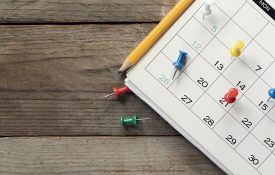
Unrelated Events Are Linked in Memory When They Happen Close Together
Occurring within a brief window of time links two events in memory, such that calling forth memory of one helps retrieve memory for the other event.
-
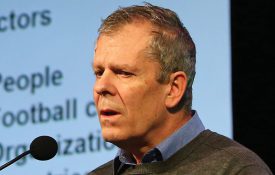
The Social Defense
Through lab experiments and field studies with survivors of historic wildfires, APS James McKeen Cattell Fellow Richard A. Bryant has demonstrated the power of relationships and community to temper psychological trauma.
-
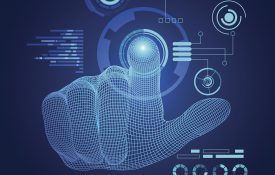
Touch Can Produce Detailed, Lasting Memories
Exploring objects through touch can generate detailed, durable memories for those objects, even when we don’t intend to memorize the object’s details.
-
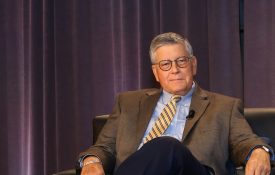
Inside the Psychologist’s Studio With Henry L. “Roddy” Roediger, III
An esteemed memory researcher discusses his life and career with his former student, Suparna Rajaram.
-
Why we often remember the bad better than the good
The Washington Post recently asked readers to anonymously share their most vivid memories, and these were some of the responses: “Sitting on my bathroom floor after my father died.” “My face being forced down to
-
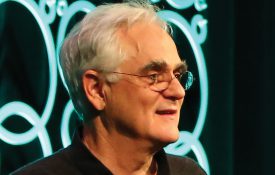
Cognitive Crossroads: Jonathan D. Cohen Tackles the Mysteries of Multitasking
Why is an organ as powerful as the human brain so bad at multitasking? APS William James Fellow Jonathan D. Cohen is generating new answers to that question.

